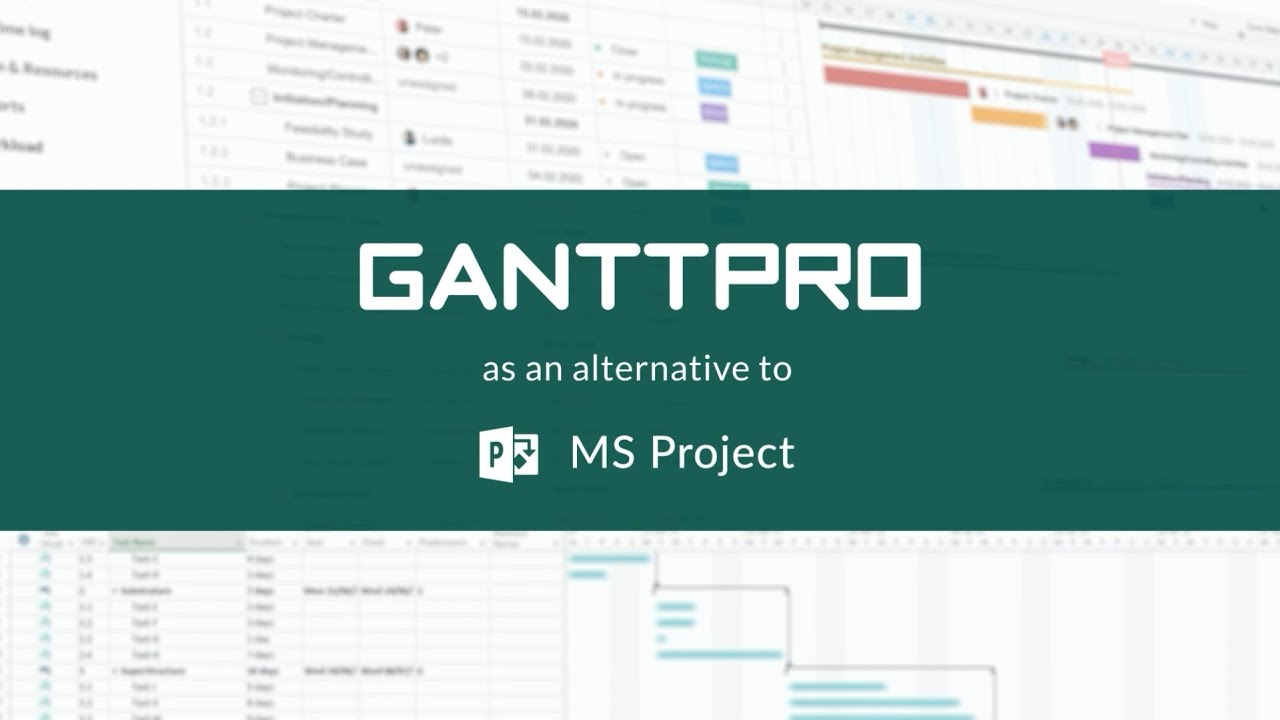What is Cost Management in Project Management
Cost management is a crucial aspect of project management. It involves planning, monitoring, and controlling the budget of a project from start to finish. Effective cost management helps ensure that a project stays within budget, delivering value for money and meeting the expectations of stakeholders.
The goal of cost management is to balance the trade-off between cost, quality, and time. Project managers must consider all aspects of the project, including resources, materials, and labor, when making decisions about cost. This requires a thorough understanding of the project scope, risks, and constraints, as well as the ability to identify potential cost overruns and take corrective action.
Key Components of Cost Management
Cost management consists of several key components, including:
- Planning and estimating costs
- Budgeting and cost control
- Cost tracking and reporting
- Managing project changes
- Monitoring and controlling costs
Each of these components is important in its own right, but they must be integrated to achieve effective cost management.
Planning and Estimating Costs
The first step in cost management is to plan and estimate costs. This involves developing a detailed understanding of the project scope and requirements, as well as determining the resources, materials, and labor required to complete the project. The project manager must consider all necessary expenses, including indirect costs such as overhead and contingency reserves.
Once the costs have been estimated, the project manager can create a budget. The budget is a detailed plan for how the project will be funded, including all expected costs and revenue.
Budgeting and Cost Control
Budgeting and cost control are central to cost management. The budget is used to track and manage spending throughout the project, and to ensure that the project stays within budget. Project managers must regularly monitor the budget and take action to control costs if they start to escalate.
One common tool used in cost management is a Gantt chart, which is a graphical representation of the project schedule. Gantt charts can be used to track progress, identify potential bottlenecks, and identify areas where costs may be escalating.
Cost Tracking and Reporting
Cost tracking and reporting are also important components of cost management. Project managers must regularly monitor and report on project costs, using tools such as spreadsheets or specialized software such as GanttPRO, Microsoft Project, Wrike, ClickUp, Monday.com, Smartsheet, and others.
Cost tracking and reporting help project managers to identify areas where costs are exceeding the budget, and to take corrective action. They also provide valuable information to stakeholders, who want to know how their investment is being spent.
Managing Project Changes
Project changes are inevitable, and they can have a significant impact on the budget. Project managers must have a process in place for managing changes, including assessing the impact on costs, negotiating with stakeholders, and updating the budget as necessary.
Monitoring and Controlling Costs
Finally, monitoring and controlling costs is an ongoing process that must be performed throughout the project. Project managers must regularly review the budget, assess progress against the schedule, and take action to address any issues that arise.
Effective cost management requires collaboration between project managers, team members, and stakeholders. Project managers must be able to communicate effectively with stakeholders, negotiate changes, and make decisions that balance the trade-off between cost, quality, and time.
Conclusion
Cost management is a critical component of project management. It requires a deep understanding of the project scope, risks, and constraints, as well as the ability to effectively track and control costs. By utilizing tools such as Gantt charts, cost tracking and reporting software, and effective communication and negotiation skills, project managers can ensure that their projects are completed on time, within budget, and to the satisfaction of stakeholders.

